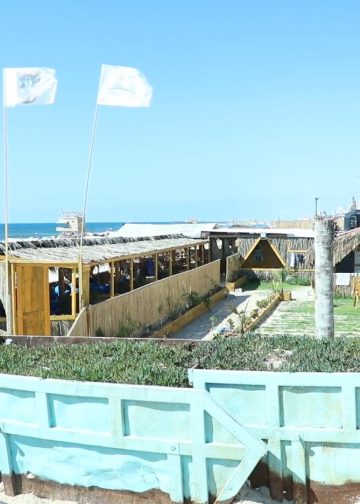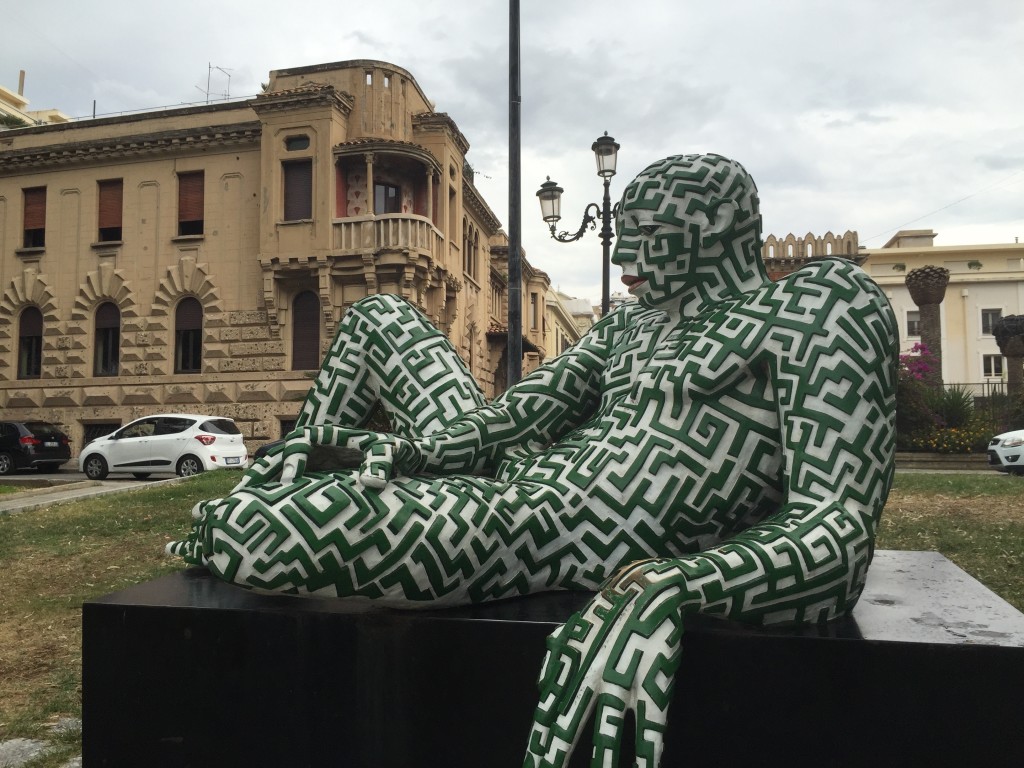A few words about a tree and about some people who lived round it….
some stray dialogues
strains of recurrent laughter
twirling of mustachios and letting the breeze
caress the ageing wrinkles
What is the place I have come to
after a long time… a long, long time after?
Gazing past the slender verandahs of the rented house have I come, with my ancient mother, to the realms of my old childhood. It’s futile to expect that Mondal Ghat would remain the same. How much you’ve changed over the years! Yet the same old vendor – the spicy puffed-rice seller – still weaves spell of eternal evenings on the girls whose skins shine with the hues of the twilight sun. How astonishing !
And then a walk follows, a walk up the lengthy road…
inching close to a sprawling field –
where…
there he stands even this day, hiding himself –
waiting for my school to break up midway
and
for peanut shells to fly in wanton glee in the eyes of the lad from Barishal…
No!
No one, no longer waits.
Am I too, awaiting someone’s redundant remembrance of the past?
No dear, no!
Before me lays a bare field, vast…
Oh my wailing heart!
There! Is it not father who’s standing there?
dawn dripping down his temple like dew drops
and down his forehead…
down the softness of his upright neck
his well coiffured life trickles…
Like the morning raga my father slowly dissolves in the mist….
“Don’t go daddy! Listen to me!”
I’m going down, and down
his death certificate in my hand…
as if burning myself in the depths of the drowning water!
This here is The tea stall. The dark old seller sits in the silence of the shop’s rustic murk. When the sunlight retires for the day outside, darkness begins to settle inside the stall. A banyan tree stands entangled in its roots. Beneath the tree, like a faint flicker glows the old man, his grandson and a smoke-filled childhood of mine!
“What will you do, you young lad?”
“Why? I’ll serve tea…. I’ll serve tea all my life”…
Dear boy!
lend me a piece of your bridge where no one transacts
I shall spread it like a sheet in my heart!
A crystal clear lake, lined with trees and trees and trees… sylvan, like the Saraswati Kund…
Alone I am, beside me my mother – lonely too
together we walk side by side, yet so far, far apart…
We both walk the distance that between us lies,
yet we remain alone, each of us…
How melancholy is this transition winter hour! People spread their wings. They themselves burn in their own flaming evening lamp. An entire lifetime incubates itself in that warmth.
I leave my eyes behind by that water and come back…
And so I return…
leaving behind the municipal office
the tea stall
the fall of the withered leaves
my father…
Let the old households remain. Let the frayed streets, the primitive pond, the school building, my childhood pal – the spicy puffed rice remain!
Even today, I see –
It’s evening… the swing rides have come to a stop… a tiny finger locked with that of her grandpa, as the old man walks past the gentle field by the library…
my mother stands waiting –
my father
fists clenched behind his back
walks up to the parting of my mother’s hair… and vanishes…
…. and here I have still remained
me, my father, mother, and some trees like scattered sorrow…
Leaving the body by the edge of the ghat
the mind merges with the Ganges…
Birthday tolls like death!
*****
THE TRANSLATOR’S THOUGHTS
From the time of my first acquaintance with the poetry of Jhelum Tribedi, I was overwhelmed by her style of writing poetry, resplendent with out-of-the-world imageries, analogies and choice of words. She is a past master in the application of phrasal words and in the build-up of the body of the poem, which is not very commonly seen nowadays. The mellifluous ease with which she plays with the lines in her poems is truly intriguing.
I took up translating her poems rather as a challenge; an honest endeavour to recreate and to retain in English the various layers of emotion that are inherent in her Bengali poems. This is the urge that works in a translator – to render the recreation at par with the excellence of the original work. Working on an excellent piece of poetry is perhaps the prime motivation that works inside a translator before he settles to work. I have been very choosy in selecting poems for translation. Apart from Jibanananda Das, I have so long been inconsistent with the works of other poets, till I came across the poetic excellence of Jhelum Tribedi. Translating her poems has been most fulfilling and rewarding. Whether my English recreation of her poems have managed to touch the exotic heights of the original Bengali ones is for the discerning readers to opine.
Moulinath Goswami.

Born in 1984, in Ichapore, West Bengal, India, Jhelum Tribedi is a Bengali poet who regularly writes for the leading journals and periodicals of West Bengal and Bangladesh, namely Setubandhan, Kobi Sammelan, Krittibas Masik, Dibaratrir Kabya, Dainik Ittefaq (Bangladesh), Ekush Shatak, Kaler Kantho (Bangladesh), Hawa 49, Sananda, Adwitiya, etc. She writes mostly on the trials and tribulations of Indian women, the conflicts that plague their daily existence. Her first collection of poems ‘Niruddesh Samparkito Ghoshona’ has been published in the International Kolkata Book Fair, 2015. The second collection of poems ‘Brishti Pora Bari’ has been published from Prativas in the International Kolkata Book Fair, 2020.

Born in Asansol, West Bengal, India, Moulinath Goswami writes poetry in Bengali, his mother tongue, as well as in English. Writing is his escape, his meditation. Though primarily a poet, he writes prose as well and does translations in Bengali and English. He writes regularly for the prominent magazines and periodicals of West Bengal, like Monon, Sahitya Srijoni, Katha, Kalimati Online, Mangrove (Bangladesh), Mon o Mousumi (Mumbai), Kaler Kantho (Bangladesh), Parampara ( West Bengal), Dainik Ittefaq ( Bangladesh), Swinhoe Street, etc. His first collection of poems ‘Dayal’ has been published from Prativas in the International Kolkata Book Fair, 2020. His second collection of poems ‘Kuashar Tukrora’ has been published from Mississippir Megh in February, 2021.


























































